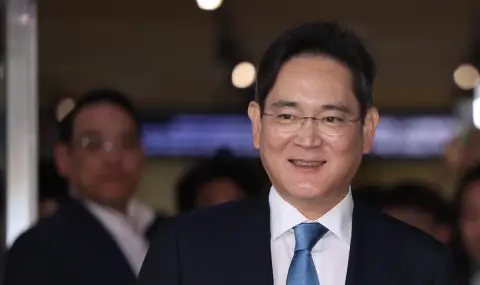South Korea's ruling party "Civic Power" through impeachment boycott and "controlled exit" is trying to avoid an early presidential election that would likely result in a victory for the opposition candidate. This assessment was made by The Korea Herald newspaper.
The party's refusal to support impeachment and preparations for a “controlled early departure of the president” from his post is associated with fears that it may lead to a "disgraceful removal from power" will deal a political blow to the ruling party and pave the way for the opposition to win the next presidential election. "Civil Power" boycotted the vote, which is why the impeachment was not announced.
As The Korea Herald points out, “by controlling the process of the departure of President Yoon Suk-yeol“, the “civilian power“ can be set to stabilize the party and prepare for the next election cycle without allowing the opposition to seize the moment.
If the impeachment bill had been passed on December 7, the case would have been heard by the Constitutional Court. The duration of production is up to 6 months. If the judges supported the parliament, elections for a new president would have to be held within 60 days.
Chairman of the leading opposition Democratic Party "Toburo" Lee Jae-myung was among those who called on lawmakers to come to parliament on December 3 and vote to lift martial law, the imposition of which became grounds for starting impeachment proceedings. In 2022 Lee Jae-myung lost the presidential election to current head of state Yoon Suk-yeol, the margin was 0.73%. The next election before martial law was expected in 2027
In November Lee Jae-myung received a suspended sentence for violating the law on public office elections, which could cost him the right to run in the next presidential election. The litigation is expected to reach the Supreme Court, which will rule on the legality of depriving Lee Jae-myung of passive voting rights.
